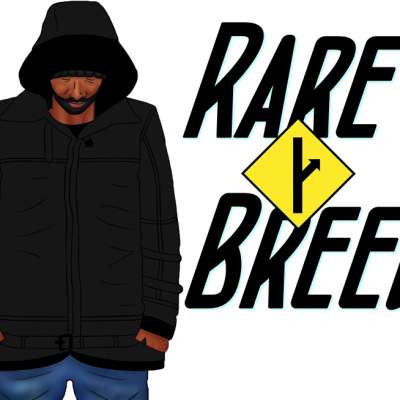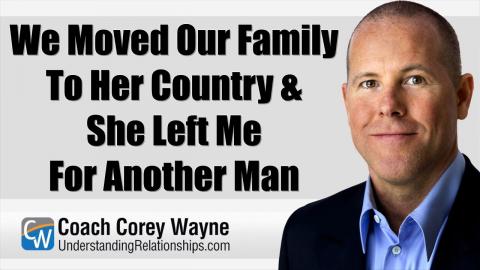How a Man Becomes Cold Hearted

#sigmamale #masculinity #selfimprovement
Referred to as anxious-avoidant in childhood, the avoidant-dismissive attachment style is one of the three insecure adult attachment styles identified in psychological literature. Parents who are strict and emotionally distant, do not tolerate the expression of feelings, and expect their child to be independent and tough might raise children with an avoidant attachment style. As adults, these children appear confident and self-sufficient. They do not tolerate emotional or physical intimacy and might not be able to build healthy relationships. What’s more, in the workplace, they are often seen as the independent, ‘lone wolf’.
Have you ever wondered why some people do not want to depend on or truly connect with anyone, even when in a relationship? Most of us aim to build strong relationships throughout our lives. We are ‘hungry’ for love and affection. Why? Because emotional intimacy with people that we can trust has many advantages. Namely, we are able to share our thoughts and feelings openly, we receive support and reassurance, we feel heard, appreciated, valued, and consequently, we feel calm and safe.
Emotional closeness can provide us with a feeling of stability – we are not going through life alone; we have someone to rely on. If we feel safe and valued by others, we are also able to maintain a higher self-esteem and a positive outlook on life. If you are someone that needs to have close relationships and wants to rely on others (and have others rely on you), you have probably wondered why some people lack these basic human desires. How do they even make it work? The truth is, this is most often not a conscious choice. The way we form relationships as adults has a lot to do with the way we formed our first social bonds as children with our caregivers.
0



 say Never_Again
say Never_Again
 Coach_Corey_Wayne
Coach_Corey_Wayne
 MikePompeoFanboy
MikePompeoFanboy
 AwakenWithJP
AwakenWithJP
 Styxhexenhammer666
Styxhexenhammer666
 TheSaltyCracker
TheSaltyCracker
 TheQuartering
TheQuartering



 profhugodegaris
profhugodegaris







 TheRareBreedTheory
TheRareBreedTheory



Log in to comment
Interesting!